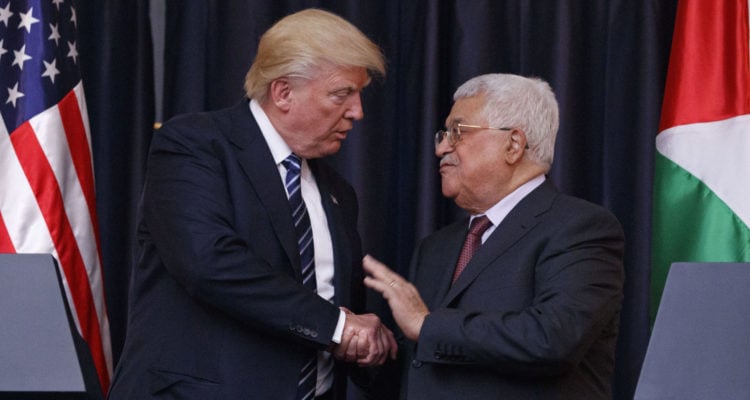From the WSJ Saturday Essay, 29 Aug 2018, by Yoram Hazony (brief excerpts only - follow the link for the full essay):
Nationalism is widely denounced today, but its critics overlook its long history as the foundation of limited government and individual liberty and its role in allowing human diversity to flourish
Nationalism is on the rise across the globe. It is key to Donald Trump’s appeal in the U.S. It is the driving force behind resistance to the European Union and its policies in Britain, Italy, Austria, Poland and Hungary. And it is reflected in the success of Narendra Modi in India, Shinzo Abe in Japan and Benjamin Netanyahu in Israel. Even before considering more complicated examples such as Russia, Turkey and China—whose politics have arguably taken a nationalist turn as well—this constitutes a broad revival of nationalist ideals and aspirations.
Many critics see this revival as the greatest political danger of our time. But it is a mistake to think of nationalism as an inherently regressive or destructive political force. In fact, nationalism was the engine that established modern political liberty, and it has been a spur to diversity among nations. It has been embraced by both liberals and conservatives, including revered figures such as Woodrow Wilson and Teddy Roosevelt, David Ben-Gurion and Mahatma Gandhi, Charles de Gaulle and Margaret Thatcher....
...National cohesion is the secret ingredient that allows free institutions to exist, the bedrock on which a functioning democracy is built. No wonder, then, that no multinational empire has ever been ruled as a democracy. Lacking mutual loyalty, its respective nationalities see one another only as a threat. That was the case in multinational states such as the Soviet Union, Yugoslavia, Syria and Iraq. In the long run, nothing holds such states together but coercion. In such cases, lifting the oppression of the state doesn’t bring freedom, only dissolution and civil war.
Of course, this doesn’t mean that every national state will have free institutions and protect individual liberties. But even national states far removed from the West—such as India, Israel, Japan, South Korea and Taiwan—have succeeded in imitating the English and American precedents. We are still waiting to see a multinational regime that is able to maintain genuine democracy over time....
...Nationalism has its vices and its extreme expressions. Every nationalist movement contains haters and bigots (though not necessarily more of them than are found in universalist political and religious movements). But nationalism’s vices are outweighed by its considerable virtues. A world in which independent nations are permitted to compete freely with one another is a world in which diverse ways of life can flourish, each an experiment in how human beings should live. We have good reason to believe that such a world holds out the best prospects for freedom, for innovation and advancement, and for tolerance.
(brief excerpts only - follow the link for the full essay)

